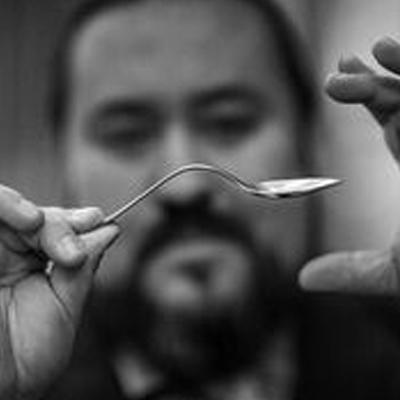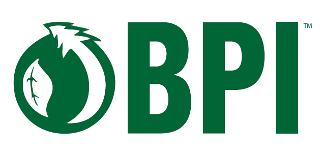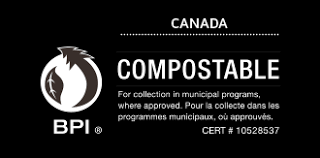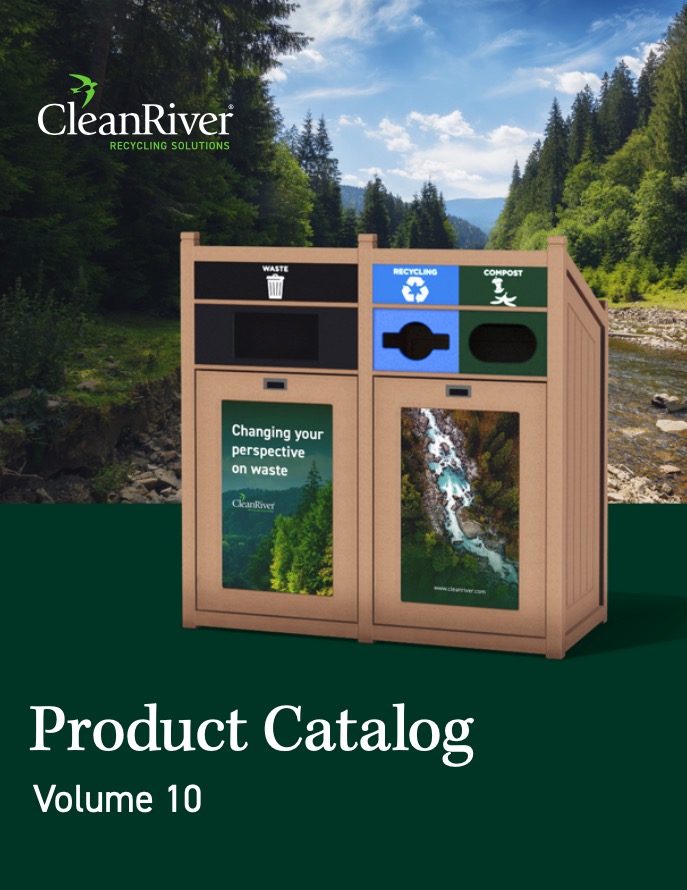Share
Just because an item has a BPI compostable badge, it does not mean it will be accepted as composted material by your local processor. This is a lesson I had to learn the hard way when I was planning my eco-friendly event. It was news to me that all compostable processing facilities differ in the types of compostable materials they accept. In order to ensure your compostable materials will be collected from your eco-friendly event, I learned that it is essential that you contact your local processor to discuss which materials they will accept before purchasing them for your event.
It all started when I set out to best my fellow magician and friend Paul Draper. Paul is a Vegas-based world-traveling magician, mentalist, keynote speaker and performer. In many of his performances he will demonstrate the power of the mind by bending heavy metal spoons using mere thought. As an environmental magician I thought I could “one up” him by vanishing more than 100 knives, forks and spoons used at a special event.

My plan was simple; to use certified compostable cutlery and flatware in lieu of non-sustainable materials commonly used at these types of events. My mistake? Assuming that certified compostable meant the cutlery would be compatible with the composting process of my local composting facility.
Here’s how it happened:
1. My Plan: Using Certified Compostable Spoons And Flatware
My secret, tongue-in-cheek means for “vanishing the spoon” was to use only “compostable” spoons and other flatware. Working in recycling and other aspects of SMM, I knew of three industrial-sized processors of food waste and other organics in my state of Connecticut. My plan was to simply deliver all the compostable leftover items, from apple cores to compostable spoons, to one of these processors. They would use their own composting or anaerobic digester (AD) technology to break them down into soil amendment for resale. Okay…the spoons would be actually “transformed” and not “vanished” but “vanished” sounded way cooler. Most importantly I could brag that I beat Paul Draper.
2. My Mistake: Assuming A Composting Facility Would Take And Recycle Any Certified “Compostable” Materials
My failure came from lack of preparation and lack of real understanding about the confusing state of organics management today. The event organizers had ordered the flatware and cups already. They took the right steps, ensuring that all the items were certified as “compostable” by the Biodegradable Products Institute (BPI) (BPI plays a very important role in the growing field of compostable materials. It tests items and only grants its seal of approval to those products which meet its standards for composting properly under specified conditions of temperature, cycle time, etc). As such, we assumed that any item bearing the BPI badge of “compostable” would be welcome at any of the organic processors.
Bad assumption. In the end, none of the processors would take the compostable flatware, even with the BPI seal of approval. One processor said that the time they composted material in windrows was too short to break down the cutlery. This forced them to pull out such items and run them through multiple cycles. The picture became clear: the seal of “compostable” was not a golden ticket to a composting facility.


This mismatch of “certified” and “unacceptable” in the growing organics field is confusing and frustrating but at the same time makes sense. Just as the recycling symbol on the bottom of so many plastic containers does not guarantee that they are acceptable at your local recycling program, the BPI seal does not mean your local organics processing facility can take your compostable spoon. The seal guarantees that BPI has determined the item to be compostable under a specific set of processing conditions such as temperature. It does not, and cannot, guarantee that your friendly neighborhood anaerobic digester operates using those same sets of conditions.
3. What I Learned: Make Sure That Your Local Processor Will Take Your Compostable Items Before You Buy Them
The practical lesson from all this: contact your processors before you assume they want your compostable cutlery, cups and other items. Calling them up to discuss how you would like to manage your event has the side benefits of helping them reduce troublesome non-compostables and getting an insider’s perspective into the world of organics management. I have talked with recycling processors for many years to ensure I was sending the right material to their door. It took a battle of magicians to get me to call the growing number of organics processors and learn a new trick or two.
-By CJ May
CJ May served as Yale University’s recycling coordinator for more than 20 years. He currently works as recycling coordinator for the City of Waterbury where he combines his work as an environmental magician and sustainability presenter to enchant 32,000 households with the magic of recycling.
www.cyrilthesorcerer.com www.betterworldmagic.com cyril.may@aya.yale.edu
For more information on recycling at events, read our past blogs Operation Organics and 8 Tips For Successful Organics Recycling.
CleanRiver Recycling provides a variety of innovative, flexible and customizable recycling solutions. To determine the right solution to meet your needs, use the CleanRiver product selector.
If you’d like more information on how to implement a revenue-generating recycling program for your office, please call us at 1-888-646-4246 or email solutions@cleanriver.com.


